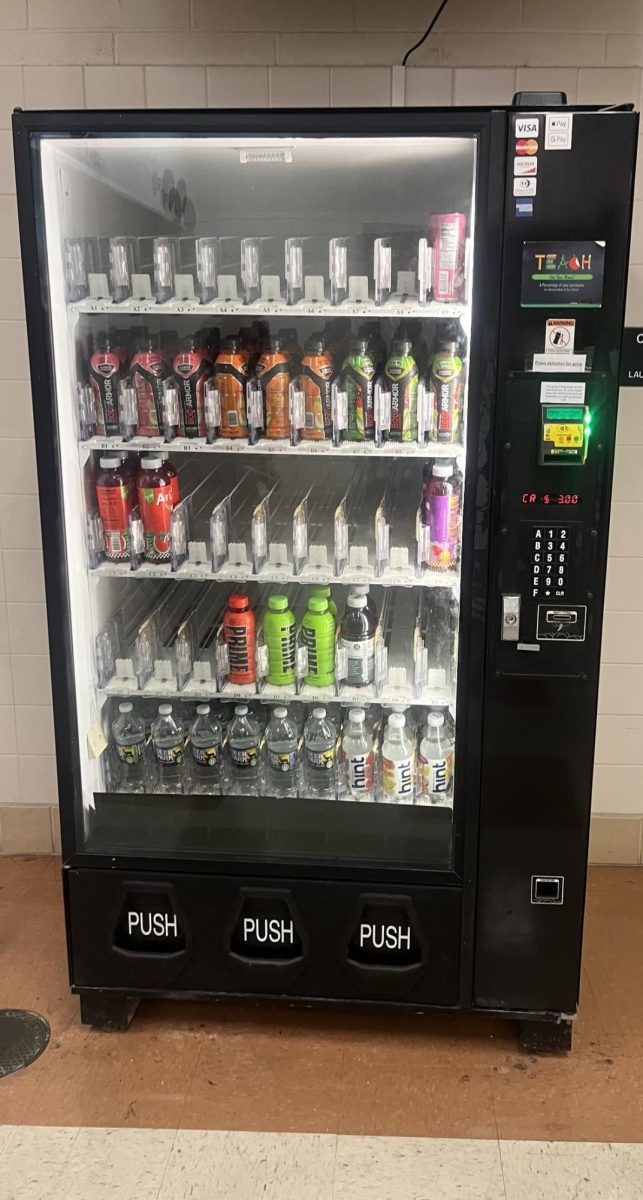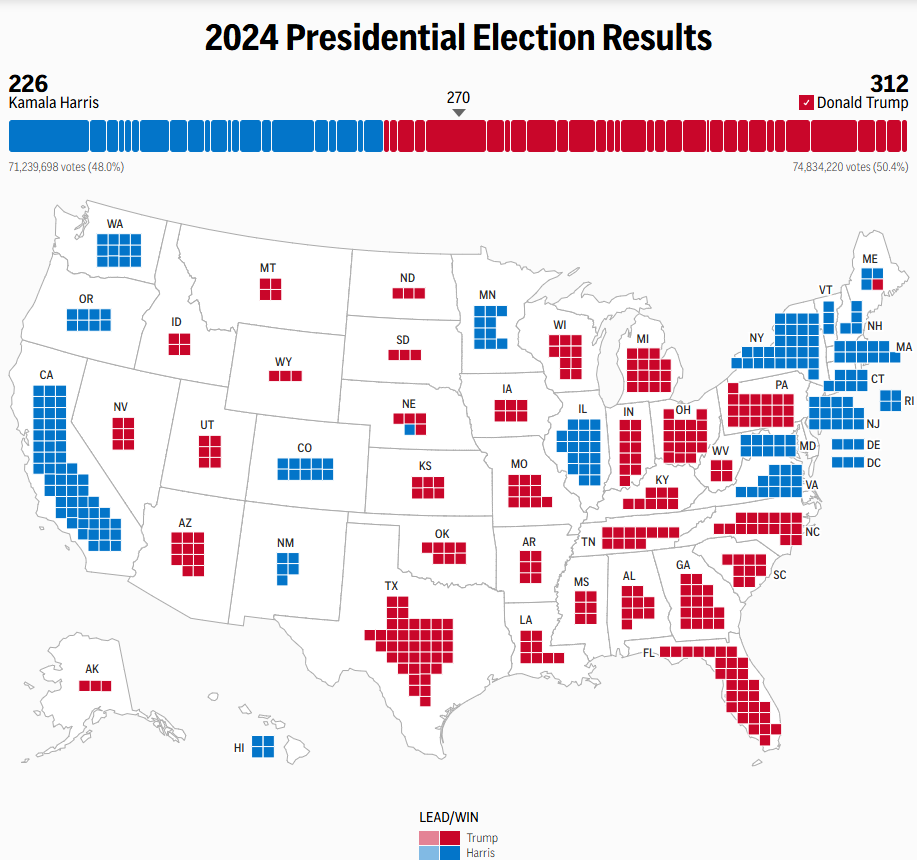As many people know, a late night with an early morning doesn’t mix well. However, a majority of people stay up late even though they have to wake up early. This is usually because they know they have something that they can rely on to help them get through the next day: caffeine.
Caffeine comes in various forms – coffee, tea, sodas, and some of the most popular energy drinks. The popularity of energy drinks spiked after the launch of Red Bull in 1997 and has been popular ever since.
Everyone’s heard the saying: “Don’t drink coffee or you won’t grow,” at some point in their life. There is no scientific evidence that drinking coffee at a young age will stunt your growth; however, there is evidence proving that drinking any sort of caffeinated drink at a young age will ultimately result in harmful effects later in life. Having an energy drink on a regular basis can result in headaches, hyperactivity, stomach aches, irritability, and tiredness.
Energy drinks can cause exhaustion even before the drink enters the body. This is caused because blood sugar levels spike shortly after drinking a sugary energy drink. The energy boost will only last 30-60 minutes though. Afterwards, blood sugar and energy levels will crash. This is called a sugar crash and it leaves one even more tired and sluggish than before.
The side effects of caffeine in adolescents have always been a factor in providing caffeine at schools. Freshman Avery Winborne expressed that students would benefit from caffeine at school because “we have to wake up at the crack of dawn for school everyday and people tend to sleep in class.”
Winborne is an energy drink consumer and her favorite drinks are ‘Celsius.’ She started drinking them when she was in middle school, and continues to drink them because she likes the taste and hasn’t yet experienced the negative side effects.
Nevertheless, there are good side effects of low doses of caffeine, such as increased alertness, the ability to concentrate, and energy.
At Oakdale High School (OHS) caffeine just became available in the vending machines. In the vending machine near the gym there are various flavors of Celsius and Prime energy drinks, along with other snacks. Energy drinks are not sports drinks, like Gatorade or Body Armor. According to Thedacare, a non-profit health organization, “Sport drinks are flavored beverages that often contain carbohydrates, minerals, electrolytes, and other vitamins and nutrients. Energy drinks contain stimulants such as caffeine and guarana with varying amounts of sugar protein, vitamins, sodium and other minerals.” With that said, athletes should not drink energy drinks often or before a game or practice.
Courntney Jackson, assistant principal secretary at OHS, says that the school had nothing to do with the decision to put caffeine in the vending machine. The people who own the vending machine come in and fill it with products that are popular and what they think will make the most profit from. Right now that product is Celsius.
There are pros and cons when schools consider providing energy drinks to students. The biggest factor is health and whether or not providing energy drinks will hurt the students later in life. It is also important to take into account that students may be more attentive and energetic in classes.































